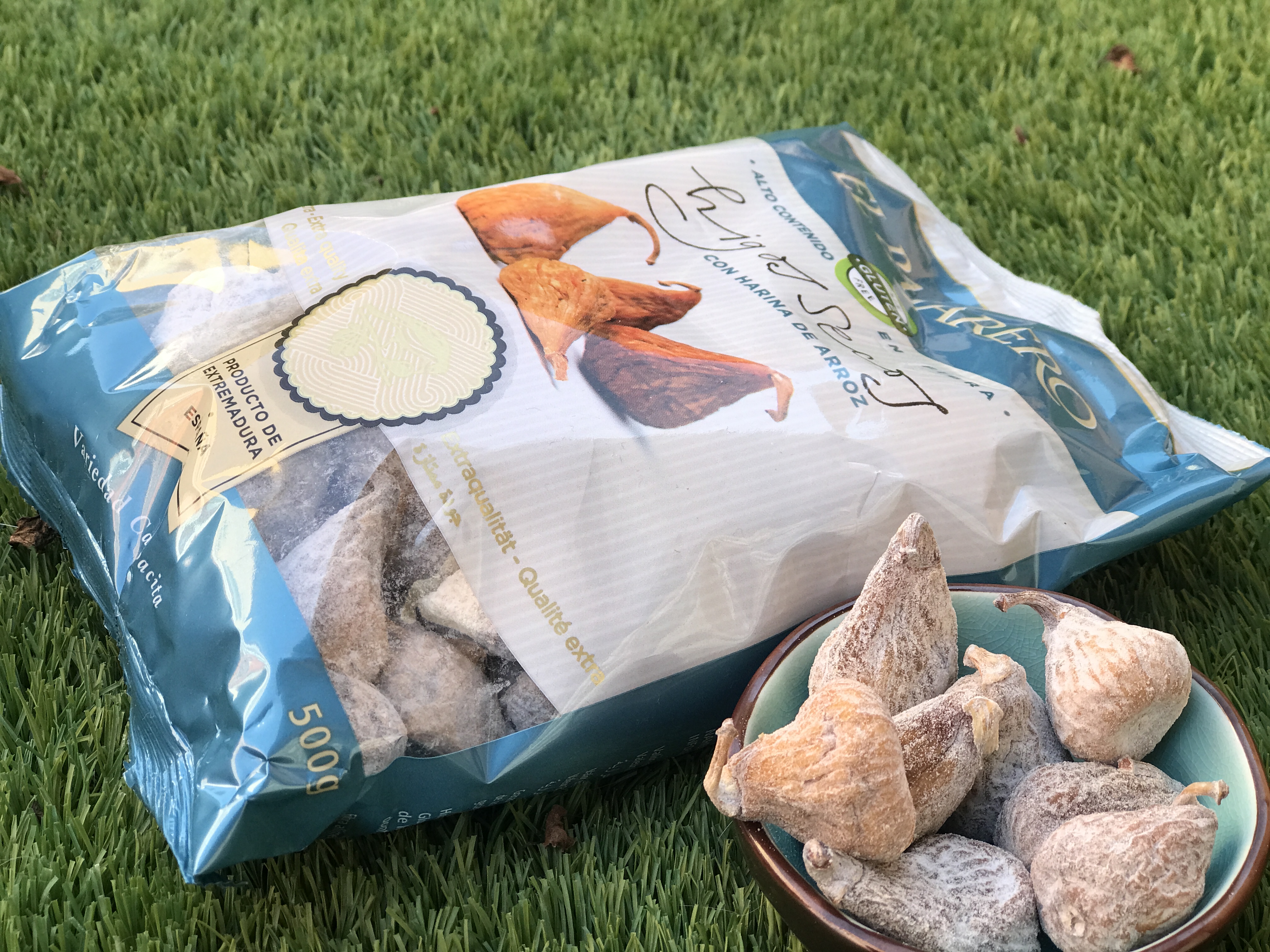
If you ask anyone about the minerals our bodies need, they will probably mention calcium, sodium and iron. But what about potassium? This essential mineral is another must-have that our bodies need to function properly. In this blog post, we'll take a closer look at it and discover some of its benefits.
Potassium plays essential roles in the stability of the body's heart rhythm, nervous system and muscles.
The good news is that it is found in many foods we eat every day. By consuming the right amount, your body will have all the potassium it needs to stay healthy.
Main functions of potassium
Potassium plays multiple roles in the body. Without potassium, our body would not be able to function as it should.
- Helps regulate blood pressure
- Stimulates nerve impulses
- It is involved in the production of proteins
- Helps eliminate organic waste
- Helps process carbohydrates
- Has a diuretic effect
- Supports muscle function
- Helps the permeability of membranes
- Contributes to nerve transmission
- Aids in the transport of oxygen to the brain
Some of its benefits
Normal bodily functions depend on the tight regulation of potassium concentrations inside and outside cells. This has many benefits, some of them are:
- A diet rich in potassium and calcium reduces blood pressure. High blood pressure can have many detrimental effects on the heart, blood vessels and kidneys.
- It helps regulate the heartbeat. Potassium is essential for this function because it helps maintain electrical activity within cells, especially muscle cells. In fact, two-thirds of the body's total potassium supply is stored in the muscles.
- Potassium aids muscle contraction by causing muscles to contract more forcefully than they would at rest when they are ready for action - think of muscles contracting during exercise, but with much greater force than they would under normal circumstances.
- As potassium is a mineral that behaves as an electrolyte, if you play sport or are exposed to rigorous exercise, it is normal to lose fluids and electrolytes after prolonged exertion. Therefore, in addition to consuming potassium, it is essential to drink water to recover and prevent muscle cramps.
- Potassium is important for maintaining healthy bones. It aids protein synthesis and helps maintain a healthy pH balance in the body. Potassium also helps build the minerals that make up bones.
- Potassium is an essential nutrient that helps fight fatigue. Low levels of potassium can lead to a feeling of tiredness and lethargy, so it is important to make sure you get enough of this essential nutrient each day.
What foods contain the most potassium?
Some foods rich in potassium include:
- Broccoli, spinach, cabbage and other green leafy vegetables
- Dried figs, nuts and others dried fruit
- Grapes, fresh figs and blackberries
- Carrots and potatoes
- Bananas and plantains
- Whole grains
- Lentils and pulses
- Oranges and other citrus fruits
- Milk and its derivatives
- Red meat and poultry
- Fish such as salmon, cod and sardines. etc.
In the second part of this article we will tell you how much potassium you should consume per day, which are the main foods that contain the most and how much potassium they provide. In the meantime, we will tell you more on our social networks:
See you soon!





